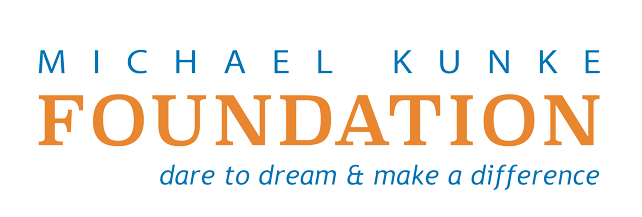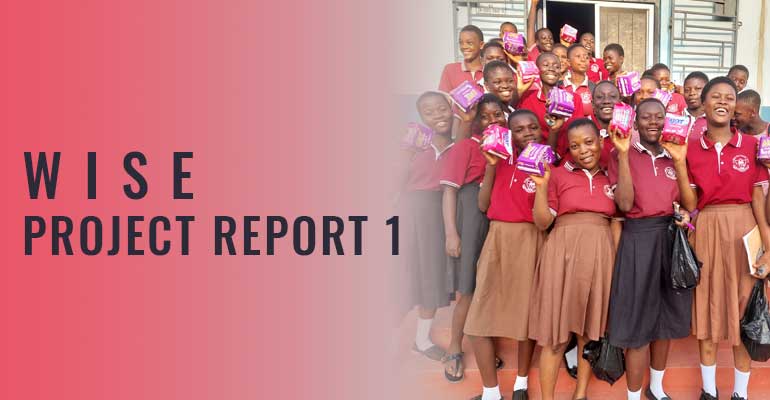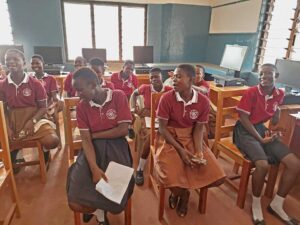Executive Summary: The following report offers an in-depth analysis of the Women In Sexual Education (WISE) project’s initiatives, survey findings, and future endeavors. It examines the project’s activities at Elmina M.A. Basic School, presents insights from a survey conducted within the Agona Circuit of the KEEA, and outlines recommendations for tailored sexual education programs.
Introduction: The Women In Sexual Education (WISE) project, generously supported by philanthropists Linda Davies, Tara Seright, and Sarah Bynes, aims to provide comprehensive sexual education, health awareness, and empowerment activities for women. Led by Theodora Asamoah, the project strives to empower women to make informed decisions about their health and well-being.
Project Overview: Implemented in phases, the WISE project’s first phase, spanning January to March, focused on engaging women in health education activities. Notably, on February 16, 2024, a health education session was conducted at Elmina M.A. Basic School in the Central Region.
Activity Highlights: Thirty-three (33) female pupils participated in the health education session at Elmina M.A. Basic School. Topics covered included common menstrual disorders, their solutions, and the significance of women’s health education. Practical support was provided alongside education, with each participant receiving two packs of sanitary pads.
Upcoming Initiatives: The WISE project plans to conduct two additional sessions within the Agona Circuit of the KEEA before the end of quarter one. These sessions aim to further empower and educate adolescent girls in the region.

Theodora Asamoah, the Women’s Health Education and Empowerment Coordinator, interacting with the students
Survey Findings: To better understand the sexual education and health needs of Junior High School (JHS) girls in the participating group, a survey was conducted. The survey revealed significant insights into adolescent experiences and needs. Notably, while 82% of respondents within the age bracket of 12-15 reported no sexual experiences, 73% highlighted the prevalence of gender-based harassment.
Menstrual Hygiene Practices: The survey indicated a preference for sanitary pads among participants, with 61% reporting primary usage. Disparities in access to menstrual hygiene products were evident, with some girls relying on parental support (58%) while others procured products themselves (21%).
Mobile Phone Ownership: Additionally, the survey revealed a notable prevalence of mobile phone ownership among participants, with smartphones emerging as the predominant device (50%).
Conclusion: In light of these survey findings, Theodora Asamoah emphasized the need for tailored sexual education programs to address the diverse needs and challenges faced by adolescent girls. The WISE project remains committed to its mission of empowering women through education and support, striving towards a world where women are confident and informed decision-makers regarding their health and well-being.
Get Involved: If you’re passionate about promoting women’s health and empowerment, we invite you to join us in making a difference. You can contribute to the WISE project by volunteering your time or making a donation. Your support will help us continue our vital work in providing comprehensive sexual education, health awareness, and empowerment activities for women.
Read the full survey report
Survey Report: Understanding Sexual Education and Health Among Junior High School Girls


